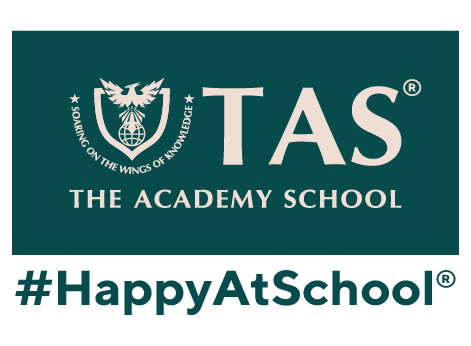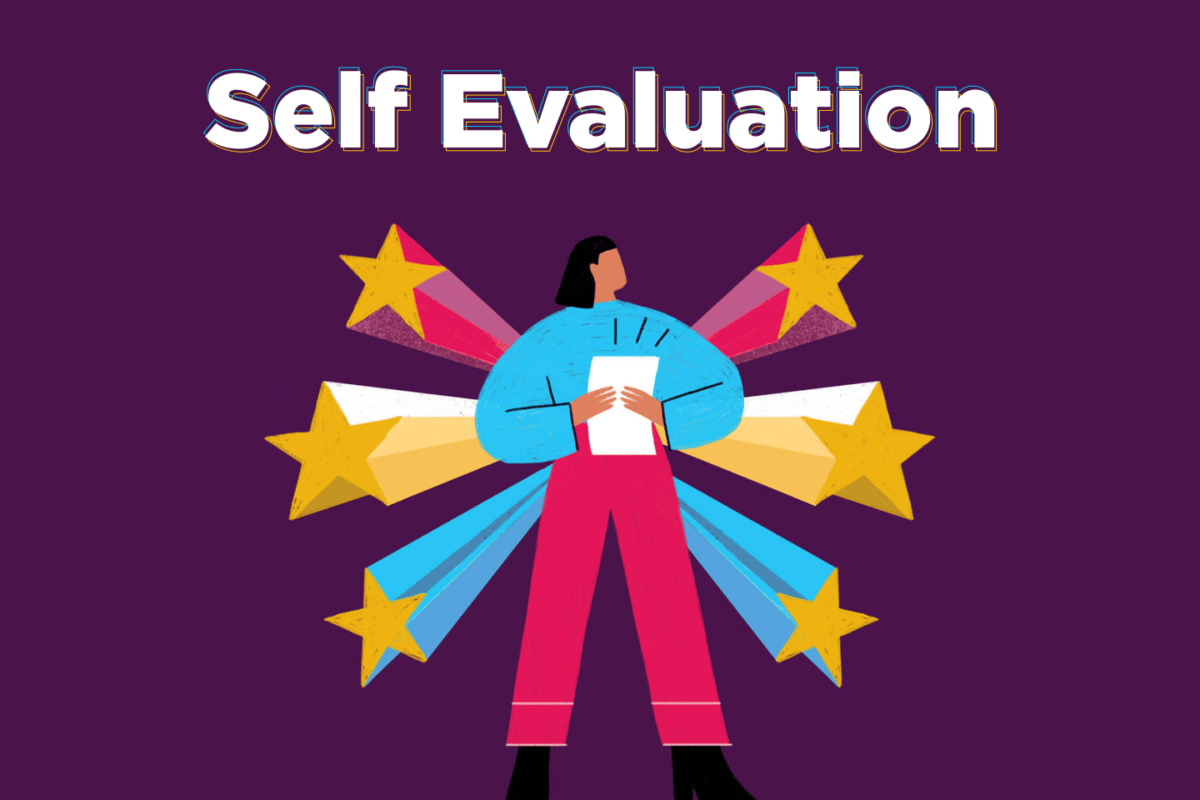INTRODUCTION:
Education plays an important part in grooming a child’s life. Choosing the right board and the best school can be hard for many parents as they always want the best for their child. With personal advice from many people and searching rigorously through the internet, many parents aren’t always satisfied with their results. This is because every other board has its pros and cons and this makes it harder for them to compare and choose which school is best for their child.
As we all are familiar there are very few top schools in Pune as well as in PCMC. And to identify the best suitable school for your child is a tough decision.And the choices vary for each parent.
Below are a few reasons to help you search for the best board and the best school for your child.
Why choose ICSE School?
Choosing the right board will significantly impact your child’s positive development.
If you are looking for the best school in Pune then this blog might help with numerous reasons to choose the best ICSE school for your child.
Top Facts about ICSE School:
Nationally and Globally recognized:
The ICSE certification of passing is recognized by many institutions in India as well as abroad, So your child has the opportunity to learn in the well-known institution of our country as well as in a foreign land.
English Language for communication:
As English is the most spoken language in the world and connects more people of different languages, it is also the language the board prefers when it comes to the context of any activity carried out.
Focus on practical engagement:
Along with allowing students to learn through academic books the ICSE board also engages students in practical experience which will help and enlighten them with greater knowledge and understanding.
#HappyAtSchool is the mantra of TAS to continue the learning activities with fun!
The boards do not tip in favor of any subject:
The ICSE board brings equal attention to arts, science, and other disciplines. Thus, children studying in the ICSE board are well-rounded and have more opportunities to explore and flourish in the career of their choice.
Focus on other curricular activities:
Along with academics, the ICSE board focuses on the physical and co-curricular activities of children to keep up with their good health and wellness
Flourishing the young minds:
The ICSE board works distinctly on the overall development of children with wide exposure to knowledge, practical-based learning, and teaching through different techniques that will engage students in effective learning. Along with this the board keenly focuses on learning of English language. The idea is to educate and flourish young minds for global exposure.
Conclusion:
The ICSE board is the most preferred choice of parents for their child. The board brings various opportunities for your child to explore the field of their interest and allow themselves to learn beyond academics.
Along with a dynamic curriculum, we at TAS provide value-based learning to our students and also focus on their holistic development. We help your children to be good responsible future citizens. With our wholesome and nurturing campus, we sow the seeds of self-discipline, confidence, responsibility, imagination and so much more that will help your child grow in the right way for a brighter future. Our strong academics and highly qualified faculty will assure the best teaching from the best school in PCMC for your child.




